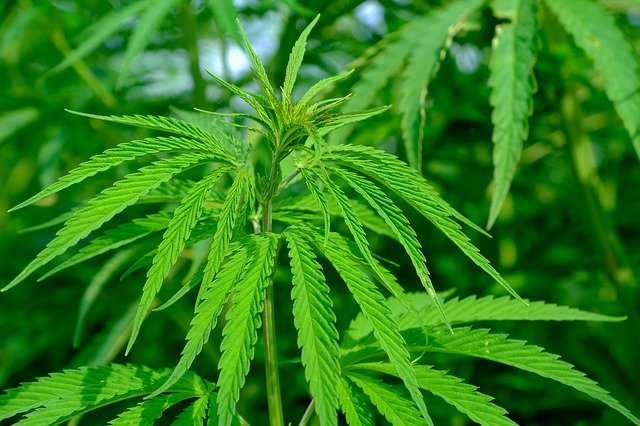Cannabis & Compliance: Is Your Business Following Guidelines?
With the Cannabis industry growing exponentially, employees may find themselves wondering if their business is following guidelines. For each field in the industry, there are different compliances. Cannabis businesses fall under a couple of categories: plant-touching businesses and ancillary businesses. Each state has different rules and regulations depending on its laws.

Plant-Touching Businesses
Plant-touching businesses include breeders, cultivators, manufacturers, and dispensaries. Transportation and delivery companies that deliver cannabis products are umbrellaed in this category. This part of the business is the most heavily regulated and often has to follow an application process for licensing to begin. The application process varies from state to state, much like a liquor license.
Breeders use existing strains of cannabis and develop new strains, while they also develop the seeds used by cultivators. Cultivators manage large growing facilities, harvest those plants, and then sell them wholesale to processors or dispensaries. Manufacturers process harvested cannabis flowers into finished cannabis products. Dispensaries include a staff of knowledgeable employees who assist patients and consumers with buying decisions based on their needs and preferences. Finally, Transportation includes trucks bringing cannabis flowers and products from sellers to buyers. They also deliver operations equipment the cannabis businesses need.
Ancillary cannabis businesses
Ancillary cannabis businesses are made up of the other types of companies in the cannabis industry. This includes lawyers and marketers, as well as companies that produce packaging or machinery to improve plant-touching businesses’ processes.
- Professional services. Lawyers, accountants, and digital marketers are all examples of professional services. Cannabis lawyers can ensure businesses comply with state cannabis law and that their rights are protected.
- Packaging. Businesses that produce packaging rarely touch the plant directly, instead of focusing on regulatory compliance, shelf appeal, and branding.
- Equipment. Manufacturers use large machines to extract compounds from harvested cannabis flowers to create cannabis oils and waxes. Cultivators might want to flash freeze their harvested flower for preservation during transportation.
- Construction. Cultivation facilities and dispensaries often must be built with strict adherence to state laws and regulations. Due to this, the demand for contractors that are well versed in the development of these facilities has grown.
- Security. The cannabis industry relies on security for both regulatory and practical business reasons.
- Investment. Because cannabis businesses are largely precluded from normal financing options, private financiers.
Starting the Industry
While many people are excited about wanting to start a plant-touching cannabis business, ancillary businesses offer a lower barrier to entry. A large number of ancillary businesses can be started by pivoting your existing business into the cannabis space, or by developing a new brand associated specifically with cannabis. For example, with a bit of research and networking, a seasoned digital marketer, running social media campaigns while buying advertisements for clients, it would not take much to pivot into the cannabis space.
The industry for marijuana-related businesses is tricky, especially considering the constant risk of violating federal laws. A legal attorney is important but a tax attorney is just as important in making sure businesses can operate at their full potential while staying on good terms with the IRS.
